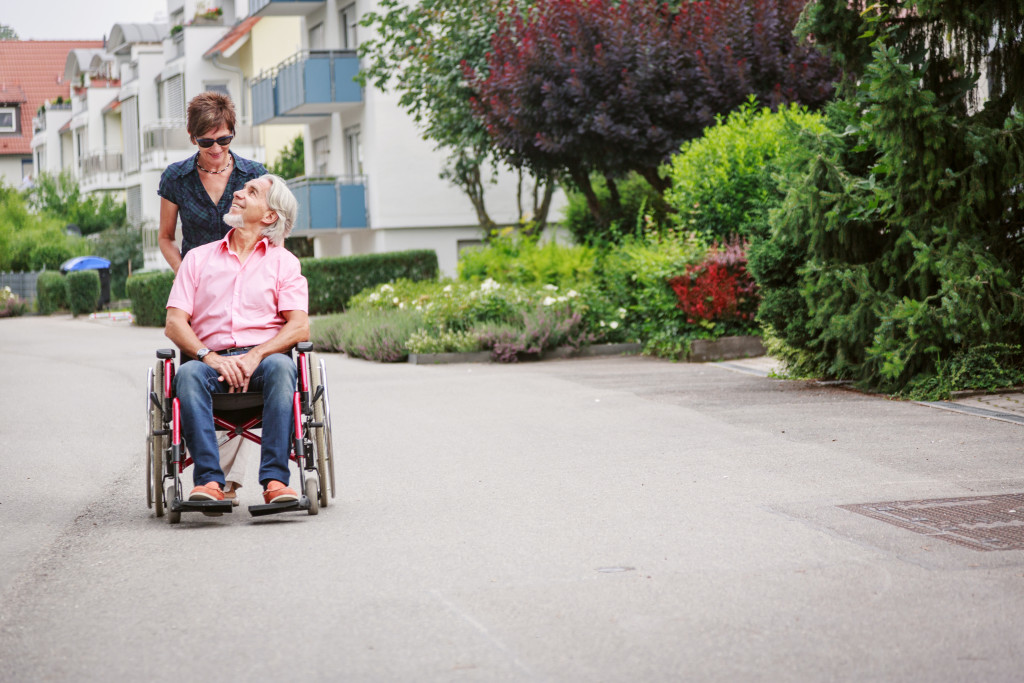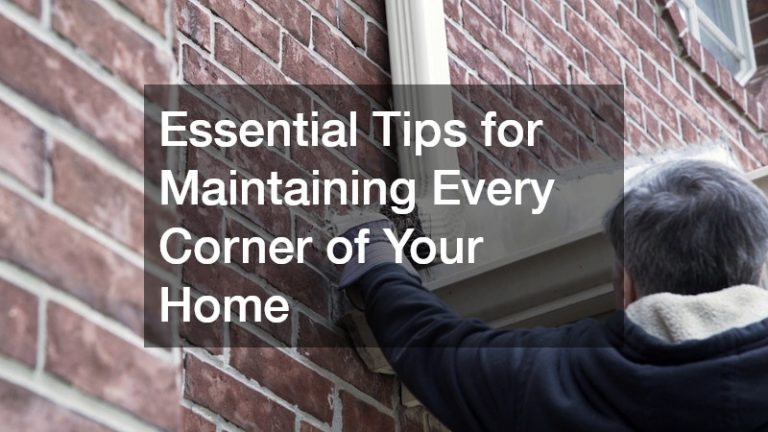Aging is often accompanied by a decline in mental and physical health. As people age, they may find it more challenging to think clearly, remember things, or move around like they used to. This can be frustrating, embarrassing, and even scary. This is why most seniors feel down, anxious, or even depressed.
If you have an elderly loved one experiencing mental health problems, it’s important to be there for them. Here are some tips on how you can help:
Be a good listener
Being a good listener is one of the simplest yet most effective things you can do to help improve seniors’ mental health. You can make a big difference in their lives by giving your undivided attention and really hearing what they have to say. Often, seniors want someone to talk to and may not have many opportunities.
By being a good listener, you can provide them with a much-needed outlet for their feelings. You don’t need to offer advice or try to fix their problems; just let them know that you’re there for them and that you care. Active listening can be challenging at first, but it’s well worth the effort. And who knows? You might make a new friend in the process.
Encourage social activities
Social activities are good for the mental health of all ages, but they’re essential for seniors. According to the National Institute on Aging, social activities can help reduce depression, improve cognitive function, and even delay the onset of Alzheimer’s disease. If your loved one is experiencing mental health problems, try encouraging them to get involved in social activities that interest them.
But if they have physical limitations due to old age, why not consider getting them a functional power scooter? This will help them get around more easily so they can participate in the activities they love. They will certainly appreciate your thoughtfulness.
Take care of their physical health
It’s no secret that seniors are more prone to mental health issues than younger people. But what many people don’t realize is that physical health plays a significant role in mental health, too. So, if you’re looking for ways to help improve your senior loved one’s mental health, one of the best things you can do is to help them take care of their physical health. That means making sure they’re eating healthy foods, getting enough exercise, and taking any medications they need. It can also mean helping them to stay socially active and connected to their community. By taking care of their physical health, you’ll give them a strong foundation to build good mental health.
Help them find a purpose

Finding a purpose means different things to different people. Some may be volunteering, starting a business, or writing a book. Others may find purpose in their relationships, hobbies, or faith. Whatever it is, seniors need to feel like they’re doing something that matters. It gives them a sense of accomplishment and makes them feel needed and valued. If your loved one is struggling with mental health problems, try to help them find a purpose in their life. It may be just what they need to start feeling better.
Make sure they’re eating right
The best thing you can do for a senior loved one ensures they’re eating right. A healthy diet is essential for good mental health, and it’s essential for seniors. As people age, their bodies become less efficient at absorbing nutrients from food, so it’s essential to make sure they’re getting the vitamins and minerals they need.
A balanced diet with plenty of fruits, vegetables, whole grains, and healthy fats is a great way to promote good mental health in seniors. So, if you’re looking for ways to help a senior loved one stay mentally healthy, start by ensuring they’re eating right.
Exercise with them
As people age, it’s essential to stay active and engaged to maintain their mental health. Luckily, there are some activities that seniors can do to keep their minds sharp. One of the best ways to stay mentally healthy as a senior is to exercise with a friend or family member.
Exercise has been shown to improve mental clarity and memory, and it’s also a great way to socialize and stay connected with loved ones. If you have an elderly relative or neighbor, offer to go for a walk with them several times a week. You’ll benefit from the time spent together and the fresh air and exercise.
The bottom line
You can help a senior loved one stay mentally healthy by being supportive and encouraging them to stay active and engaged in their life. These are just some of the many ways you can help make a difference in their mental health. So, if you’re looking for ways to help a senior loved one stay mentally healthy, start with these tips.




